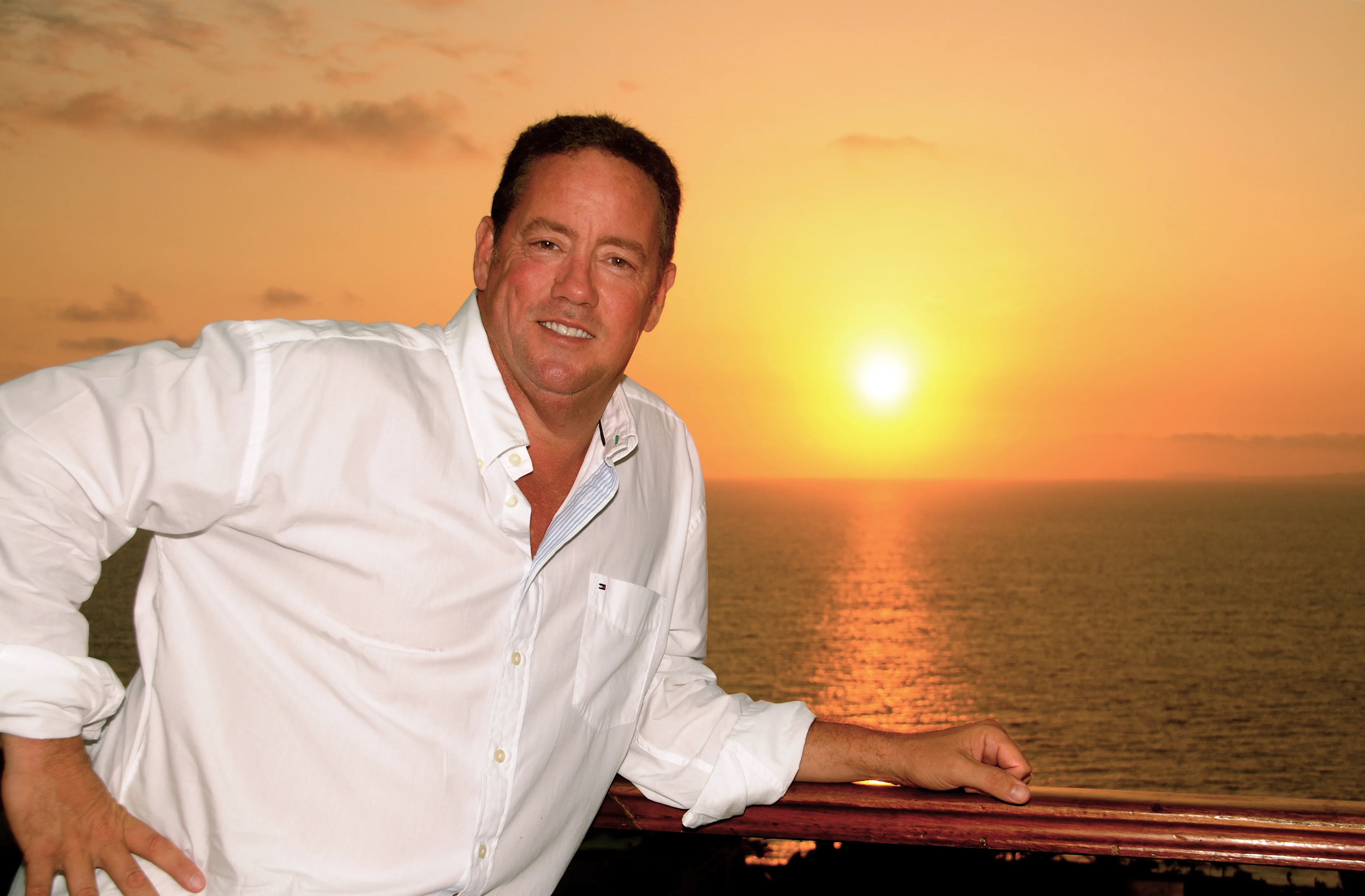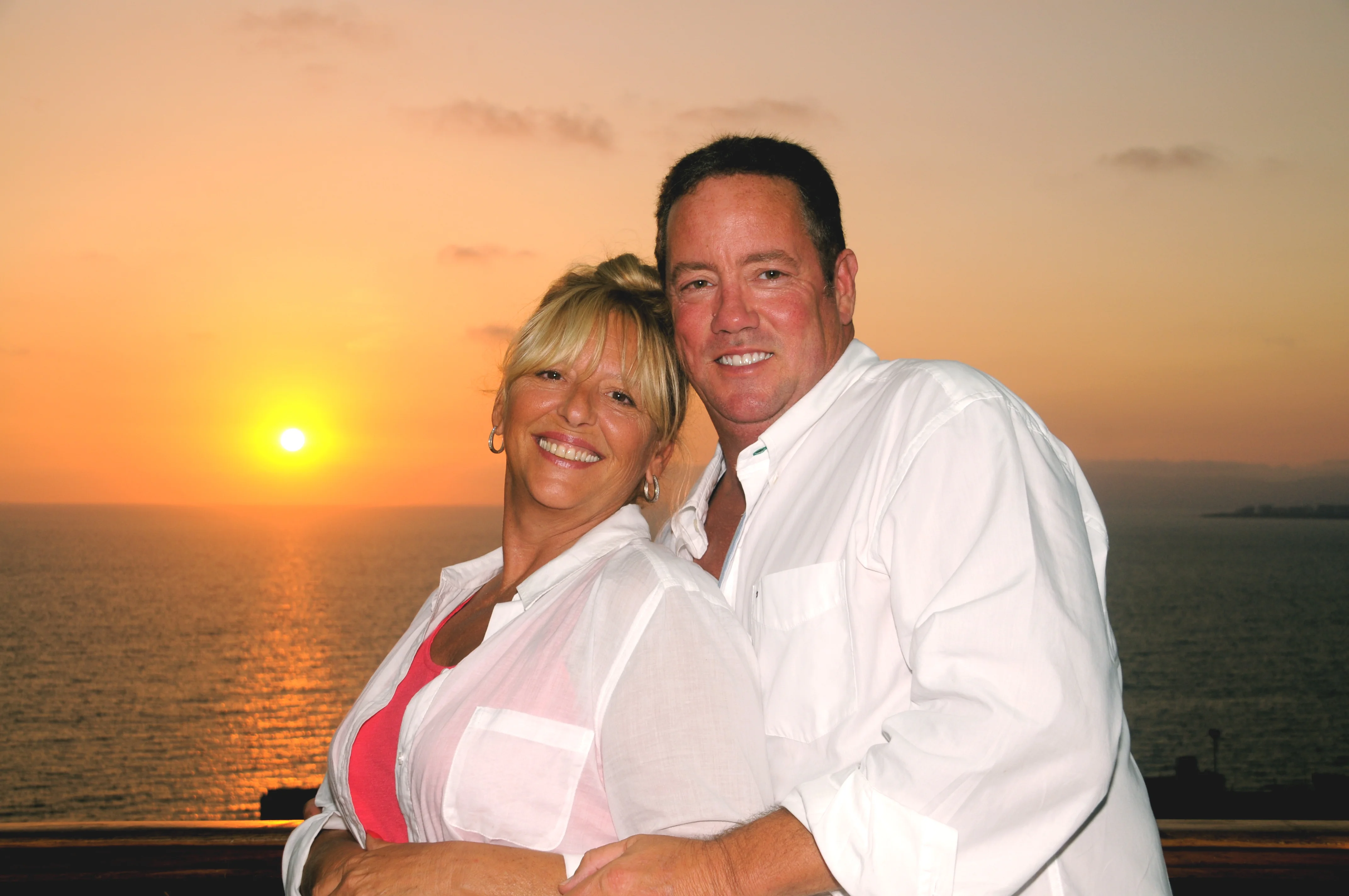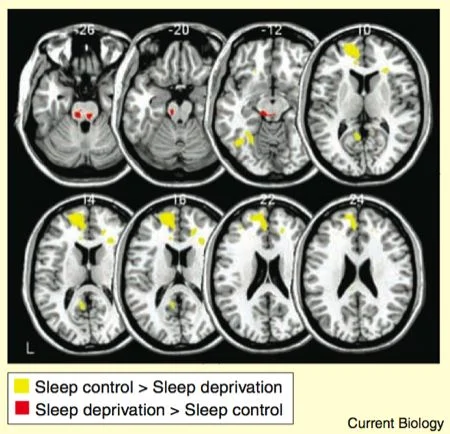By Claire Obeid http://tinybuddha.com/author/claire-obeid/
“Letting go gives us freedom and freedom is the only condition for happiness.” ~Thich Nhat Hanh*
First, let’s be clear about something…
Surrender is *not *about giving up, handing power over, or failing. It is not waving the white flag of defeat.
We are so used to striving and trying so hard for an outcome that anything outside of that formula seems like self-sabotage.
It isn’t. In fact, surrender is the pinnacle of evolved and enlightened behavior.
*Surrender is the beautiful soft space of acceptance. It is an allowing—allowing life to unfold and to be what it is, irrespective of your agendas, expectations, and judgments.*
It’s that arms-wide-open energy that is deeply rooted in trust. Relaxing and trusting http://tinybuddha.com/blog/worrying-about-the-future-on-trusting-in-uncertainty/ that, even though things might not seem perfect or they might not be according to your plan, that everything will turn out just the way its meant to for your highest good.
Why do we want to embrace surrender? Because this is how we get out of our own way.
This is how we experience a life of real freedom. Free from our limiting self-beliefs http://tinybuddha.com/blog/overcome-8-common-limiting-beliefs-that-may-keep-you-stuck/, emotional blocks, and negative self-talk—all the stuff that prevents real growth and transformation. Ultimately, preventing you from an extraordinary life—a limitless life.
At first, the journey into surrender can be very destabilizing. Be assured, you *will *question it, resist, and try to force stuff to happen, but eventually, when you completely let go http://tinybuddha.com/blog/40-ways-to-let-go-and-feel-less-pain/, you’ll discover that surrender is the space where everything starts to shift.
*Surrender allows us to step into our lives ready to receive, completely able to manifest, and willing to embrace everything—the good, the bad, and the ugly—with an open heart. It’s from this place that real magic happens.*
To really understand surrender we need to look at its opposite.
Can you relate to any of these scenarios? 1. Something unexpected has happened and you feel a bit down in the dumps.
Are you comfortable with moving on quickly? Or, do you get stuck on how you believed a situation should have played out http://tinybuddha.com/blog/how-to-enjoy-the-journey-more-by-eliminating-should/ ?
Notice if you notoriously hold a grudge or can’t handle it when things don’t go to plan. The only person that suffers in this situation is you. Turning an annoying situation into a crisis doesn’t help or do anything to change it. 2. You are working on a project that you really care about. *You’ve hit a wall, a plateau.*
Do you see that as a clear sign you need to back off? Or, do you grip the reins tighter and try even harder?
This one’s for you if you insist on doing more, going further, pushing through http://tinybuddha.com/blog/stop-pushing-the-art-of-relaxed-achievement/, even when it’s time for a breather. This type of behavior will send you straight to Stuck-ville, a place devoid of creativity and joy! *3. In a discussion or argument, is it possible for you to admit when you are wrong, say you’re sorry, or compromise?*
Or, is it your way or no way at all?
Take note, self-confessed control freaks http://tinybuddha.com/blog/controlling-your-inner-control-freak/ and know-it-alls! This type of attitude is a direct route to self-sabotage. This narrow-minded behavior will block you from experiencing different perspectives and detaching from limiting ideas.
Wouldn’t it be so incredible to be free from this energy of control, attachment, resistance, and fear? What kind of life could you live if you were limitless? Free? Wholehearted?
In hindsight, I see that the universe has been coaxing me to let go from a very young age. I think maybe I was born holding on. To what, I’m not sure—my place in the world?
*But I do know my grip was tight. I’ve always been light-hearted and happy, but underneath that lived a layer of effort, so structured and controlled that in the end I did nothing. At a standstill, road blocking myself. Life was unnecessarily exhausting.*
Ten years ago surrender wasn’t even a concept I was familiar with, let alone one I could fathom embracing. I had no idea that I was about to embark on a master-class in surrender. How Do We Come to Surrender?
There are three distinct ways that we can come to a place of surrender. A Lack of Control
Sometimes you look at your life and ask yourself if you can change or leave a negative situation. When the answer you get back is a resounding no, it’s in that moment that the only thing left is acceptance.
Honestly, that’s most of the time. We often have no controlhttp://tinybuddha.com/blog/let-go-of-control-how-to-learn-the-art-of-surrender/ over the situation, but we do have control over what we choose to do, what we think, and how we feel—that’s surrender. When Everything Falls Apart
All hell has broken loose. Crisis in its many forms, death by fire, stuff is going down. Surrender, whether you realize it or not, has come knocking on your door.
If you don’t listen you are just going to go down in flames, figuratively speaking. Instead of armoring up, ready to fight, perhaps a deep breath and a reminder to trust will throw you safely into the arms of surrender. A more peaceful response. By Choice
Through awareness, personal growth, and intuition we can invite surrender in when it comes knocking. It’s a choice made in the present moment. Seeing reality for what it is and opening up to it wholeheartedly.
Over the last thirty-one years, I’ve been tripped up by many moments, but it’s only been in the last ten that I could almost hear the words “Surrender! Surrender!” chiming in my ears with each stumble.
It sounds like the message had fallen on deaf ears, right? I mean, why else would it keep coming my way?
Well, we are creatures of habit and habits are hard to break. It’s not a rip-it-off-quick type scenario. We may have to fall down a few times before the message gets through and we realize that the path we are walking is leading to a dead end.
It wasn’t that long ago that I fell down a few times before I heard the call to surrender. I had a back injury that was preventing me from moving forward in my yoga practice. I tried to manage the injury, but really, I wasn’t listening to its call. I resisted and, of course, the injury persisted.
*Energy flows where attention goes. And my attention was certainly stuck in the limitations of my back. All I could think about was how to fix it. I was so frustrated with my body.*
Surrender finally came to me four weeks before my wedding day when I put my back out, again. I emailed my teacher to let her know I would be back soon. She replied, “Take three months off, practice at home, and break the cycle.”
As I read her words I could feel my grip tighten on my routine, my practice, my yoga. Even then, a year after I first sustained this injury, I was still resisting and controlling.
Bizarrely, within days, I realized her email was a divine message. So I listened. The four weeks leading up to my wedding day were the most incredible days. I practiced without rhyme or reason, I went to random yoga classes, practiced outside, or didn’t practice at all.
*The irony was, I felt stronger, more balanced, and more connected than I had in a long time. She was right. I had to surrender to break the cycle*
Today, I know that surrender is part of my divine journey. I am still on the surrender train. I don’t think I will ever stop learning, nor will you.
The beauty, though, is that now I know what surrender looks like, how it feels and fits in my body, what size and shape I can wear comfortably.
I now know that letting go—right in those moments when I really don’t want to—is always right for me, so I respond faster when I hear the call. I know that the life I truly want—limitless, free, and abundant—comes from that space of pure, openhearted surrender.
It’s from that rich territory of surrender that we finally let go of the limiting energy of control and force.
And when we aren’t controlling, we have completely stepped out of our own way. We are ready to receive, to tap into the abundant possibilities available to us, and to manifest a life free from restraint and restrictions.























